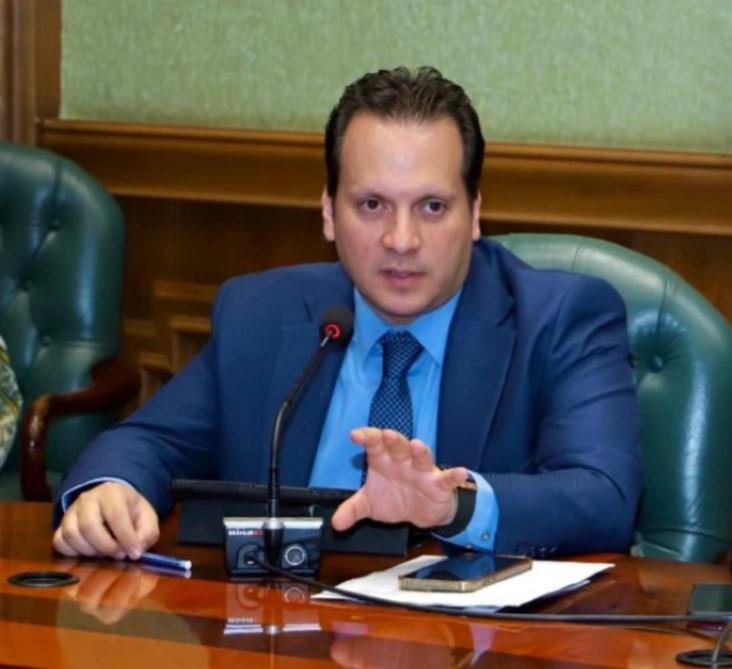AI Meets Culture: Bridging Innovation And Preservation
While AI is already transforming numerous sectors, its potential within the cultural sphere remains largely untapped. I believe that AI can play a pivotal role in preserving our heritage, primarily by accelerating digitization efforts. This means broadening access to cultural treasures through initiatives like laser scanning of fragile manuscripts, creating detailed 3D models of historic structures, and implementing virtual reality (VR) and Heritage Building Information Modeling (HBIM) to better safeguard world heritage sites.
More importantly, AI can provide deep analyses of historical events or offer clear reconstructions of damaged manuscripts, missing artefacts, or deteriorated images, essentially bringing fragments of the past back to life. It can also revive extinct languages and help protect endangered ones, thus supporting national identities.
The integration of AI into culture is already happening globally. In Italy, AI tools have been used to assess and repair damage to a fresco in Florence's Palazzo Vecchio, which also houses a replica of Michelangelo's“David.” In the UK, predictive analytics technologies are used to estimate attendance at cultural events, while Singapore employs AI to colourize historical photographs.
My recent trip to the United States highlighted the growing trend of AI integration in museums. I observed a significant shift in exhibition techniques, transforming museum visits into immersive and engaging journeys.
Many museums worldwide are now incorporating virtual and augmented reality experiences, and leveraging storytelling to make artifacts more meaningful. These narratives are often enhanced through chatbot technology, which employs natural language processing (NLP) and deep learning. For example, at the Salvador Dalí Museum in Florida, visitors can interact with a digital representation of Dalí, asking him about his life and art. Similarly,“Pepper” robots engage with visitors and share stories at institutions like the National Museum of African American History and Culture in Washington, D.C.
While AI has a presence in Egypt's cultural institutions, its full potential remains to be unlocked. The interactive”Tutankhamun Exhibition” at the Grand Egyptian Museum and the 3D holographic display of King Tut's mask at the Egyptian Museum in Tahrir Square showcase what's possible. AI-powered language processing could also facilitate the reading of hieroglyphic inscriptions and papyri, allow for multilingual interactions with visitors, as well as in various Arabic dialects, and convert written texts into easily accessible audio formats.
The applications of AI in Egypt's diverse cultural landscape are vast. It's crucial to view AI not as a threat, but as an opportunity-a valuable tool rather than a hindrance. The current discussions predominantly revolve around Narrow AI (ANI), the first of three types, the other two being General AI (AGI) and Super AI (ASI). The latter two remain firmly in the realm of science fiction. Therefore, while embracing AI's potential, maintaining a cautious approach is always wise.
About the Author
Dr. Ramy Galal is an Egyptian senator, writer, and academic specializing in public management and cultural policies. He has authored studies on cultural diplomacy, the orange economy, and restructuring Egypt's cultural institutions.
Galal holds a PHD degree from Alexandria University, a master's degree from the University of London, and a Diploma in Public management from the University of Chile.
He studied advanced programs in governance and leadership at King's College London, Hertie School of Berlin, and Missouri State University, USA.
A former adviser and spokesperson for Egypt's Ministry of Planning. He was also the spokesperson for the Egyptian Opposition Coalition. He represents Egypt at international forums and contributes to leading publications.

Legal Disclaimer:
MENAFN provides the
information “as is” without warranty of any kind. We do not accept
any responsibility or liability for the accuracy, content, images,
videos, licenses, completeness, legality, or reliability of the information
contained in this article. If you have any complaints or copyright
issues related to this article, kindly contact the provider above.
Most popular stories
Market Research

- Bitcoin Adoption On Sui Accelerates As Threshold Network And Sui Launch Phase 2 Of Tbtc Integration
- Falcon Finance Announced $FF And Community Sale On Buidlpad
- United States Fin Fish Market Size Forecast With Demand Outlook 20252033
- Bitmex And Tradingview Announce Trading Campaign, Offering 100,000 USDT In Rewards And More
- Virtual Pay Group Secures Visa Principal Acquirer License
- United States Kosher Food Market Long-Term Growth & Forecast Outlook 20252033






















Comments
No comment